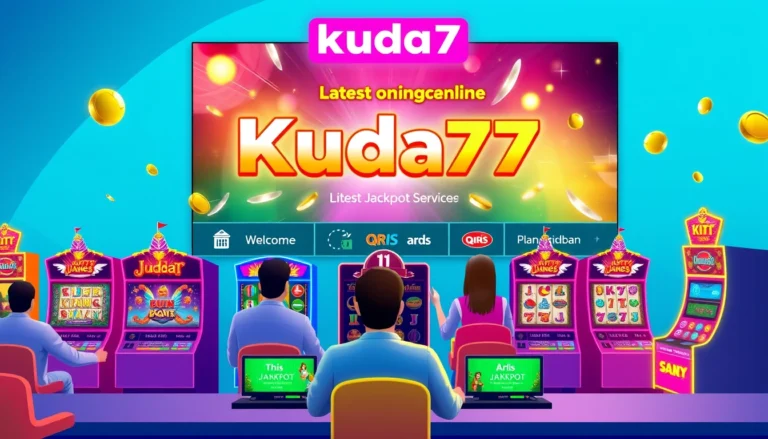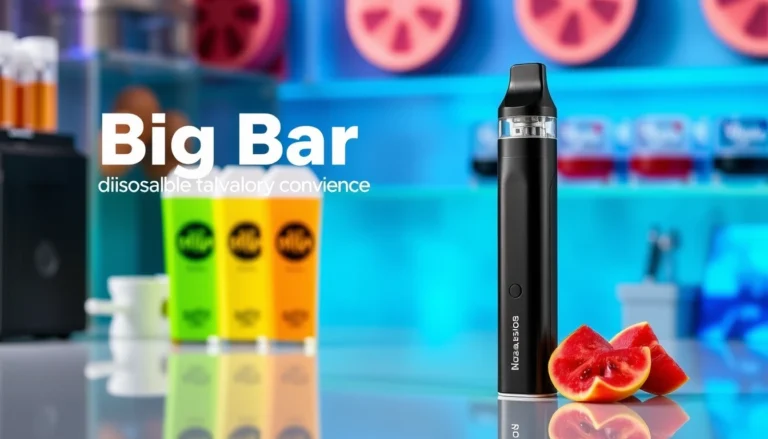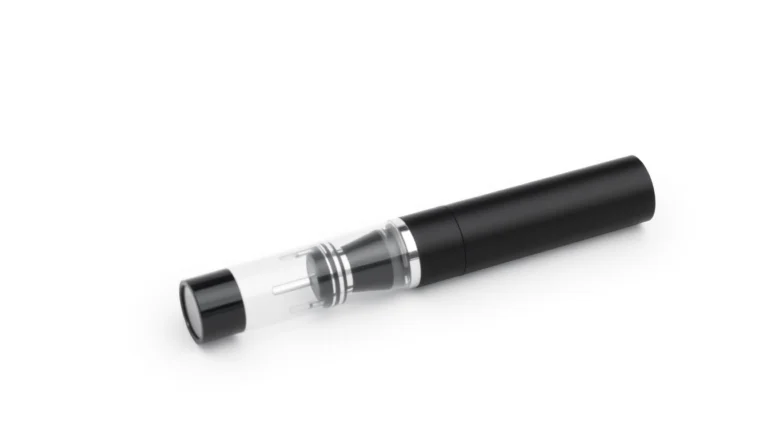Uncovering the Truth: Why Do Dogs Eat Poop?
If you are a dog owner, you have probably witnessed your dog engage in one of the most baffling and unpleasant behaviors – eating poop. This behavior, known as coprophagia, can be quite disturbing to witness and leaves many dog owners wondering why do dogs eat poop in the first place?
Before we delve into this topic, it is important to understand that coprophagia is a normal behavior in dogs and is not a cause for alarm. However, it is essential to address and understand this behavior for the well-being of your furry friend.
The Evolutionary Perspective
To understand why dogs eat poop, we must first look at their evolution and their wild ancestors – wolves. Wolves, like dogs, are social animals that live in packs where food is shared among the members. In the wild, when food is scarce, wolves will eat the feces of herbivores, such as rabbits and deer, to obtain important nutrients that may have been missed during the initial digestion process.
Even though dogs have evolved from wolves, their urge to consume feces remains, and this can be attributed to their natural instincts for survival and nutrient-seeking behavior.
Nutritional Deficiencies
Another reason behind the coprophagia behavior seen in dogs is due to underlying nutritional deficiencies. Dogs require a balanced and nutritious diet to stay healthy, and if their diet is lacking in vital nutrients, they will seek alternative sources to fulfill their needs.
In some cases, dogs may eat their own poop in an attempt to recycle those nutrients for a second time. This may also explain why some dogs are more prone to coprophagia than others, depending on their diet.
Attention-Seeking Behavior
Dogs are social animals and thrive on attention and affection from their owners. If they feel neglected or bored, they may engage in behaviors, such as coprophagia, to gain attention from their owners. This behavior may have been inadvertently reinforced in the past if the owner responded with alarm or punishment, as this gives the dog the attention it craves.
Furthermore, dogs may also learn this behavior from other dogs in the household who have already displayed coprophagia. It is essential to provide your dog with adequate physical and mental stimulation to prevent them from seeking attention through undesirable behaviors.
Medical Conditions
In some cases, coprophagia in dogs may be a sign of an underlying medical condition. Dogs with hormonal imbalances, such as hyperthyroidism, may engage in this behavior. Some dogs may also suffer from malabsorption disorders, which can lead to nutrient deficiencies, causing them to seek nutrition from fecal matter.
If you notice that your dog has suddenly developed coprophagia, it is essential to consult your veterinarian to rule out any potential underlying medical conditions.
What Can Be Done to Stop This Behavior?
Now that we have a better understanding of why dogs eat poop, let’s look at some steps that can be taken to prevent this behavior:
- Ensuring that your dog is getting a well-balanced and nutritious diet is crucial in preventing them from seeking out alternative sources for their nutritional needs.
- Providing your dog with plenty of physical and mental stimulation can help prevent boredom and decrease the likelihood of seeking attention through undesirable behaviors such as coprophagia.
- Keeping the environment clean and picking up after your dog immediately can greatly reduce their access to fecal matter.
- Training your dog to have better manners and rewarding good behavior can help reinforce positive behaviors and decrease the likelihood of engaging in coprophagia.
In conclusion, coprophagia is a normal behavior in dogs and can be attributed to various reasons, such as their evolutionary instincts, nutritional deficiencies, attention-seeking behavior, and medical conditions. As responsible dog owners, it is vital to understand this behavior and take necessary steps to prevent it from occurring. Through proper nutrition, training, and environmental management, we can help our furry companions overcome this behavior and lead happy and healthy lives.
If you want to learn more about why dogs eat poop or need guidance in choosing the right diet for your dog, visit DoggyDietz.com for expert advice and resources. Remember, a healthy and happy dog starts with proper nutrition and care.
References:
- Beaver, B.V. (1994). Canine Behavior: Insights and Answers. W.B. Saunders.
- Hart, B. & Hart, L. (1985). The Coprophagia Puzzle: A Comparative Look at the Evolution of a “Disgusting” Behavior. Marking Our Times: Selected Papers from the Sixth National AVSAB Conference, pp. 96-106.
- Hart, B.L. (2016). Coprophagy in Dogs. Pet Health Network. Retrieved from https://www.pethealthnetwork.com/dog-health/dog-behavior/coprophagy-d


















+ There are no comments
Add yours